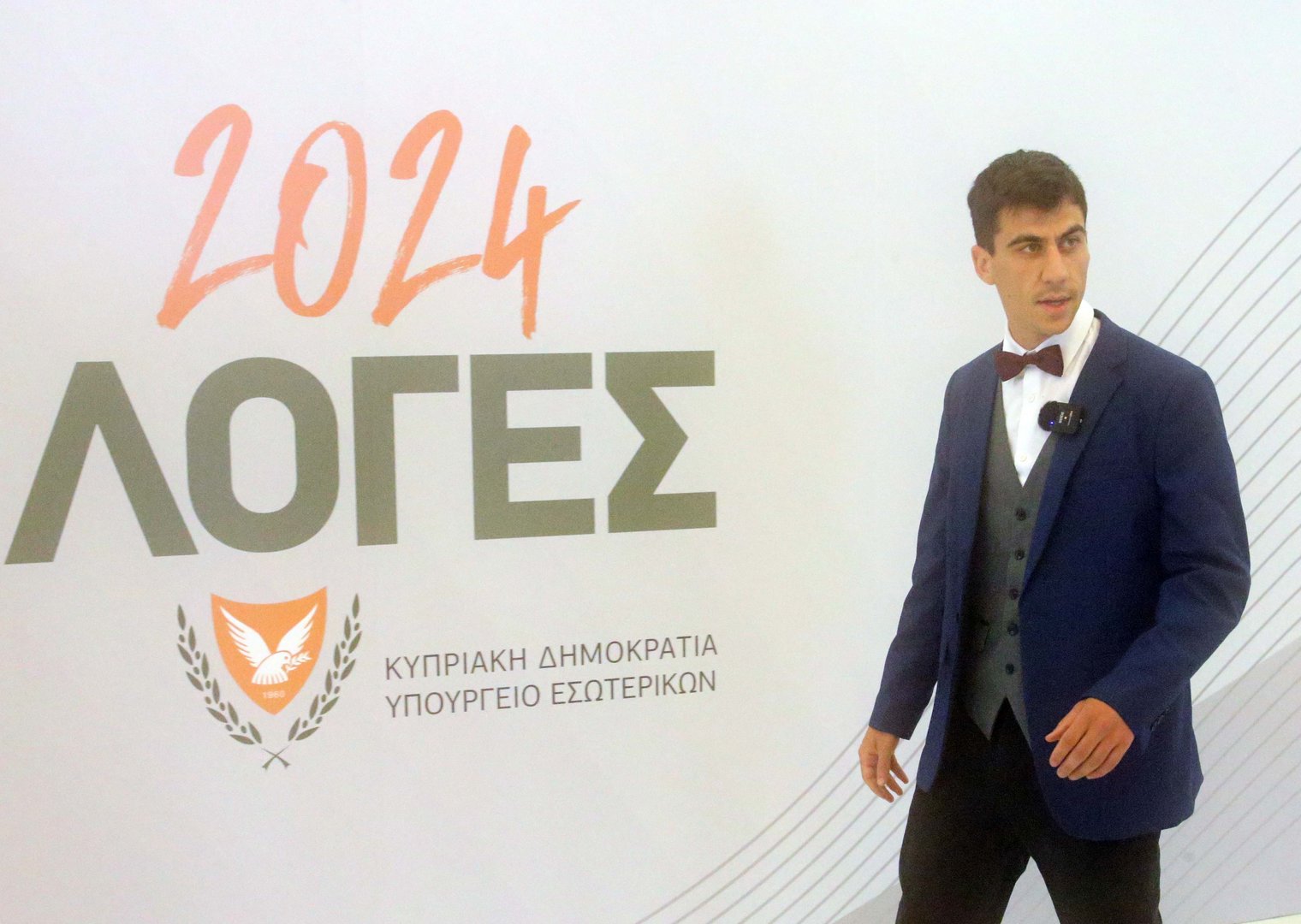By Emily Petrou
Populism is a political approach that strives to appeal to ordinary people who feel that their concerns are disregarded by established elite groups.
The best way to be liked by the majority is to say the least possible. Specify nothing. Offer a never-ending list of problems, make vague criticisms about what established parties have failed to address, but never offer an all-encompassing alternative. Sunday’s elections have proven one thing: one fifth of the Cypriot electorate believes their position in society is one of a ‘follower’, whether this is on TikTok, or on the unknown path they’re currently being dragged through by recently elected MEP Fidias Panayiotou.
Fidias is a Europe first – a candidate with a frankly intimidating cult of personality made out of followers well below the legal voting age of 18, with parasocial relationships fueling their unparalleled support for his candidacy. Fidias was elected with the third highest percentage between political parties which have produced Republic presidents throughout their long history. Fidias himself seems like a pleasant individual – one who has worked hard for his professional success, has made active efforts to engage the youth in political affairs through his podcast channel and is at least convincingly non-corrupt. However, he unfortunately seems to have constructed his electoral campaign on what he is not rather than what makes up his political platform beyond contempt for the elite-party-past.
My attempts to compile a list of Fidias’ electoral promises or campaign platforms have fallen through. Fidias has consistently talked about the need to deviate from the established party past – which he does not seem to be knowledgeable about – and use social media’s reach to public affairs’ advantage. I could not find a single policy area he was interested in exploring once at the European parliament, a single committee he planned to partake in. When asked about his apolitical status, he asked voters to “give him time to learn once he’s in Europe”. While common people slave away paying their often unbearable tax contributions, Fidias will be earning 10075 Euro per month to ‘learn’.
In the cave allegory, Plato describes ‘common people’ to have spent their lives chained in a cave facing a blank wall. They watch shadows projected onto the wall by objects passing in front of a fire behind them, giving these objects names and amounting importance to them, without them being accurate representations of the real world. Today, in elections as significant as these, in a period of decaying European values and cohesion, natural disaster and demographic challenges, we were looking for our representative within the confines of our cave. We searched as far as our ball and chain would let us move, and we found solace in the face of everyman Fidias Panayiotou.
Let’s follow Fidias into an unknown path, from Nicosia to Brussels.
Emily Petrou is a recent Political Science graduate from the LSE






Click here to change your cookie preferences